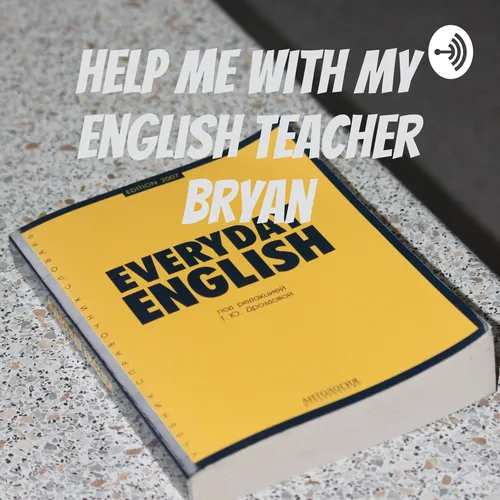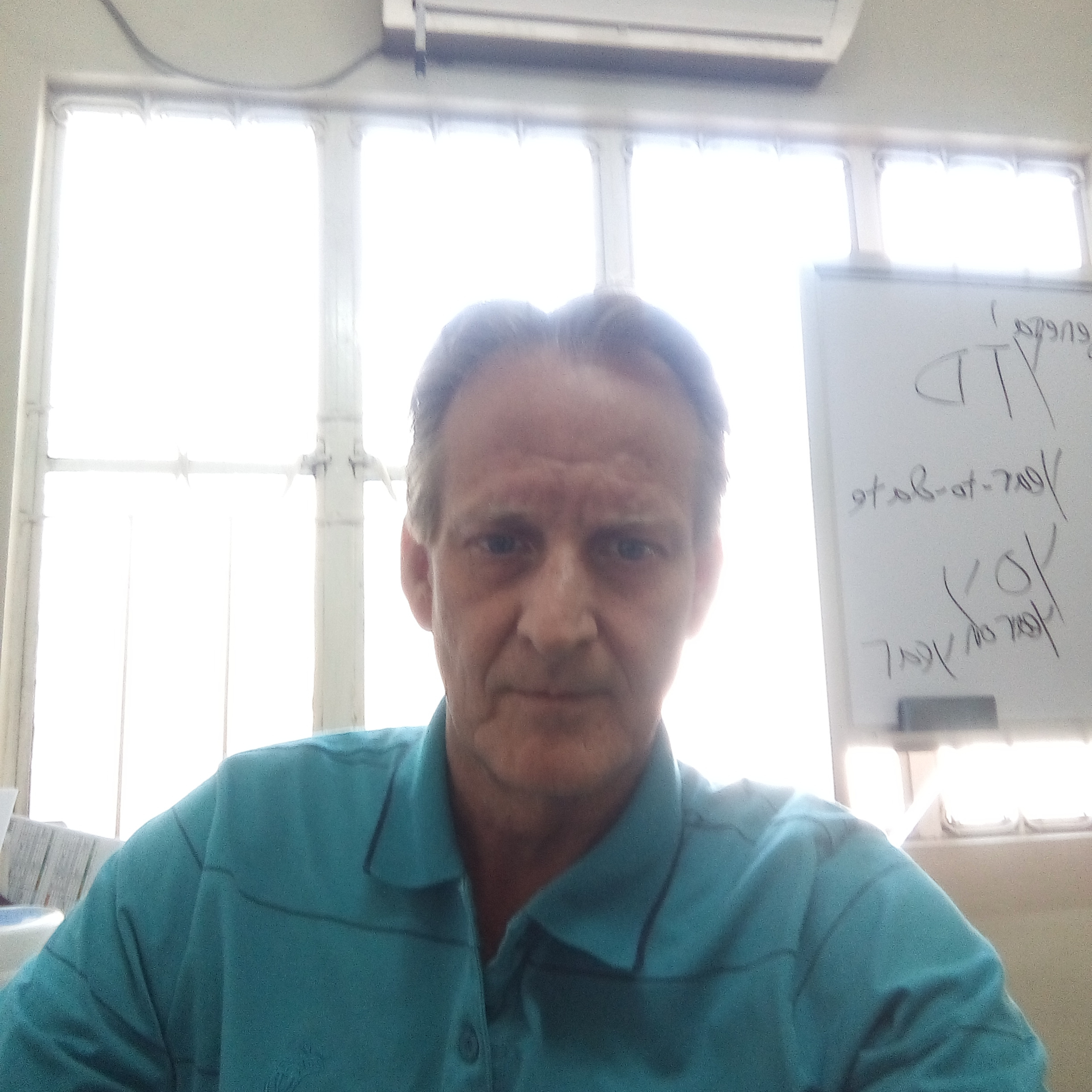
Help me with my English teacher Bryan
Introduction to my channel for English lesson podcasts
- Update frequency
- every day
- Average duration
- 20 minutes
- Episodes
- 37
- Years Active
- 2021

Lesson - 16 Basic Business Email structure and phrases
In this lesson I describe the basic structure and typical phrases we use for basic email writing in business. For anyone involved in business correspondence via email, this will be a very useful less…

Lesson - 15 Speaking about the Future and Future plans
In this lesson I describe how we commonly speak about the future and specifically future plans. Also, we talk about the proper usage of "Will" and "be going to", and how they can be slightly differen…

Lesson - 14 - Pronunciation practice with minimal pairs.

Lesson - 13 - Business English Idioms Part 2

Lesson 12 - Business English Idioms - Part 1

Lesson 11 - Presentation Phrases compiled
This lesson is a compilation of all the phrases I introduced in the previous three lessons concerning presentations. I think you will find it a very useful podcast to listen to when creating your pr…

Lesson 10 - Presentation - Conclusion
In this lesson I cover the format for a presentation's conclusion, including useful phrases.

Lesson - 9 - Presentation Body or Discussion section
In this lesson I talk about how we can create an effective discussion for a presentation. I give many examples of structured phrases you can use to develop your topic and keep the focus of your liste…

Lesson - 8 - Presentations - Introduction
This lesson will cover some tips for making presentations and give you example phrases you can use to structure your introduction. I will also tell you about using rhetorical language and other styli…

Lesson 7 - Modals - Part 2
This lesson is part 2 of how we use modals(would,should,could,must etc.) in English.

Lesson 6 - How We Use Modals - Would,Could,Should,Must etc.
This is the first lesson of how to properly use modals. The correct use of modals will allow you to communicate more effectively and more often.

Lesson 5 - Business Phrasal Language - Part 3
Lesson 5 is the final segment of the Business Phrasal Language series.

Lesson 4 - Business Phrasal Language - Part 2
This is a continuation of common Business Phrasal language used in English.

Lesson 3 - Business English Phrasal Language- Part 1
Phrasal language used in business can be very confusing for non-native English speakers. I will give you examples, definitions and present situations in which we use some of the most common expressi…

Lesson 2 - Stating the Simple Opinion using English
In this lesson we will discuss the essential elements of opinion stating for both Speaking and Writing.

Lesson 1 - R pronunciation exercise
Today's lesson covers the R pronunciation. If you have a mirror available then you should try to recite the exercise while observing your mouth position.

Help me with my English Teacher Bryan
Introduction to my English lesson podcasts